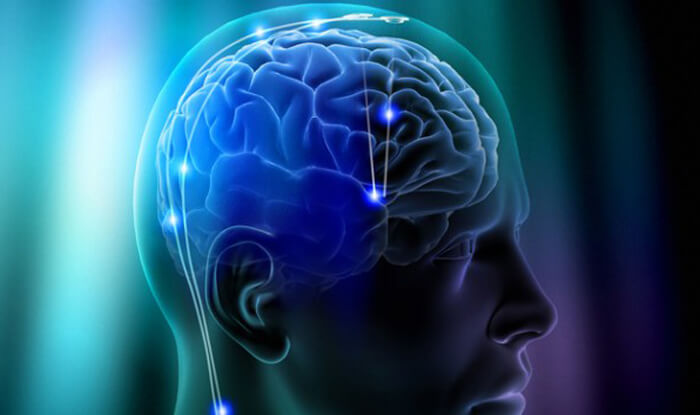Neurological disorders affect as many as 1 billion people worldwide and are disorders of the body’s nervous system (brain, spinal cord, and other nerves).

Call us: (702) 901-4233 | Email: info@nevadabrainandspine.com

Neurological disorders affect as many as 1 billion people worldwide and are disorders of the body’s nervous system (brain, spinal cord, and other nerves).

By Aury Nagy, MD
Managing Partner, Nevada Brain & Spine Care
Neurological disorders affect as many as 1 billion people worldwide and are disorders of the body’s nervous system (brain, spinal cord, and other nerves).They cause symptoms such as pain, paralysis, muscle weakness, seizures, poor coordination, confusion and altered levels of consciousness.
As a neurosurgeon, I have the privilege of using the latest technology and procedures to help patients with brain and spine injuries and pain. One area that is continuing to evolve is electrical stimulation for the treatment of neurological disorders. I would like to discuss three of the ways in which electrical stimulation is changing the lives of individuals.
Electrical stimulation is becoming a preferred method of treatment for chronic back pain. For those who have had prolonged pain and other treatments have not been successful, electrical stimulation can be an option to get relief.
Since spinal cord stimulation was approved by the FDA to treat chronic pain in 1989, it has become a standard of care for treatment. New technology has allowed many patients to reduce or eliminate their need for pain medications and return to a normal life.
With this method of treatment, a very small programmable generator and electrical leads are implanted beneath the skin. Electrical currents are applied to the injured or painful areas of the spine, which interfere with the transmission of pain signals to the brain. It relieves pain without causing the side effects that traditional medications may cause and has proven very effective in relieving pain. In fact, statistics show that most patients with spinal cord stimulation experience a 50-70 percent reduction in their overall pain. This is an excellent success rate and has helped millions of people reduce or eliminate chronic back pain.
Another area that has been making great strides in the treatment of brain disorders like Alzheimer’s disease, Parkinson’s disease, obsessive compulsive disorder and depression is Deep Brain Stimulation, or DBS.
Deep brain stimulation is a surgical treatment that involves the placement of a medical device called a brain pacemaker that sends electrical impulses to specific parts of the brain. This treatment has shown remarkable results for those with otherwise treatment-resistant disorders like chronic pain, Parkinson’s disease, obsessive compulsive disorder and depression.
Generally, DBS directly changes brain activity in a controlled manner with reversible effects. Other techniques to accomplish the same goal, like lesioning, may not be reversible.
I have seen first-hand the results that deep brain stimulation can provide and believe we have only scratched the surface of potential benefits from this type of treatment.
Incredible progress has been made over the past ten years in using deep brain stimulation for the treatment of Parkinson’s disease. Surprisingly, the idea for using it in this manner was discovered by accident when a chronically obese person underwent the surgery as a way to control his appetite. Researchers found, while experimenting with wire placement in his brain, that his memory improved and continued researching the treatment for patients with Parkinson’s disease.
Deep brain stimulation of the subthalamic nucleus (a small lens-shaped nucleus in the brain) has proven effective for all major symptoms of Parkinson’s disease, such as tremor, slowness of movement, rigidity, and problems with walking and balance. People bothered by involuntary movements such as dyskinesia often experience a marked reduction of these involuntary movements after surgery.
If you or a loved one would like to find out if electrical stimulation is an appropriate treatment, call my office to schedule an appointment and we will devise a personal treatment plan that fits your needs.
Dr. Aury Nagy is a board certified neurosurgeon with offices in Henderson, Southwest Las Vegas, Northwest Las Vegas and Bullhead City. In addition to his neurosurgery practice, he serves as Spine Committee Chair and Neurosurgery Section Chief for Spring Valley Hospital as well as an adjunct clinical faculty member for Touro University. He is also a board member for Searchlight Healthcare Charities.
Dr. Nagy is a frequent author on the subject of back pain and has participated in several research programs about spine and brain injuries. He was the first neurosurgeon in Nevada to place an artificial cervical disc in a patient and his deep brain stimulation procedures for Parkinson’s patients are well-regarded.
For more information, visit www.nevadabrainandspine.com or call Dr. Nagy’s office at 702-901-4233
.
